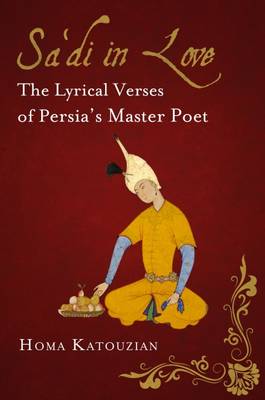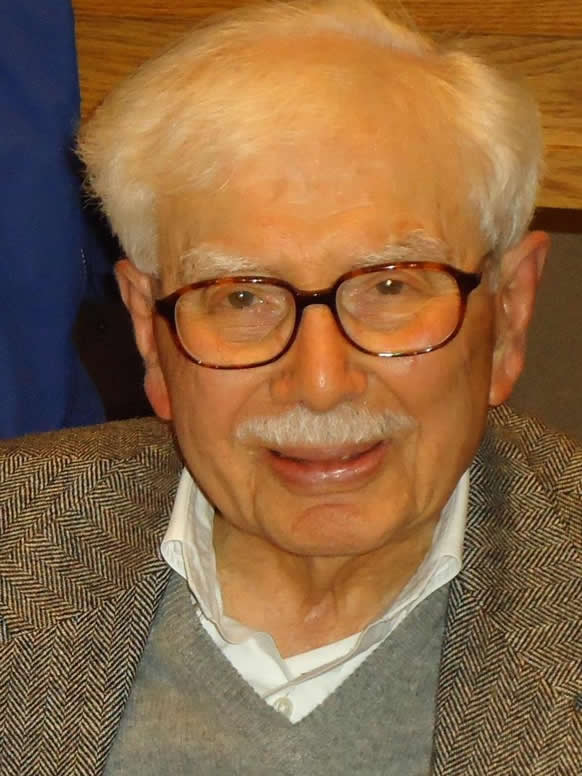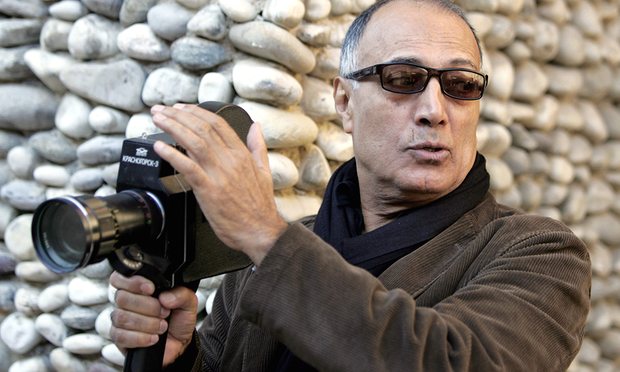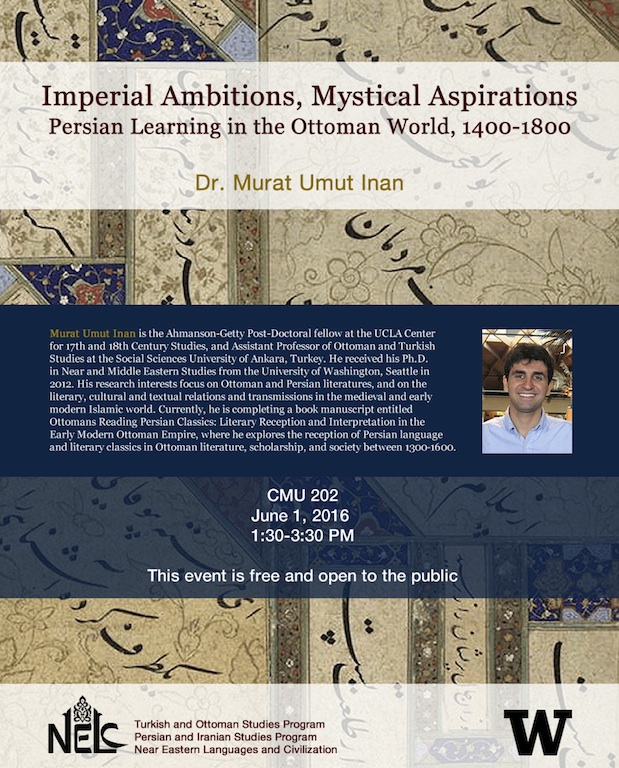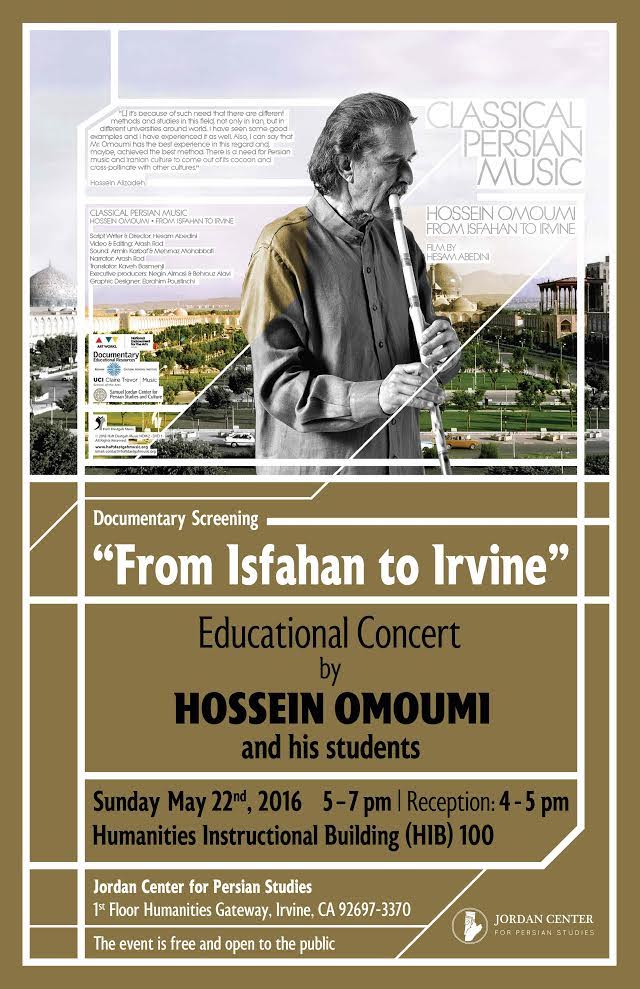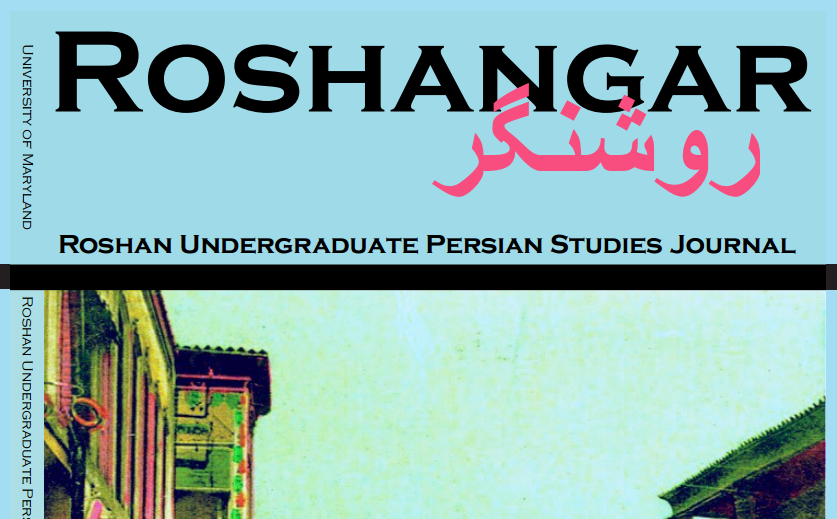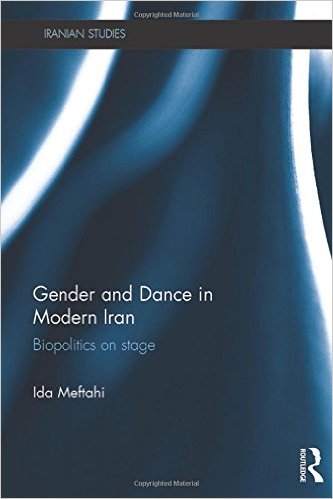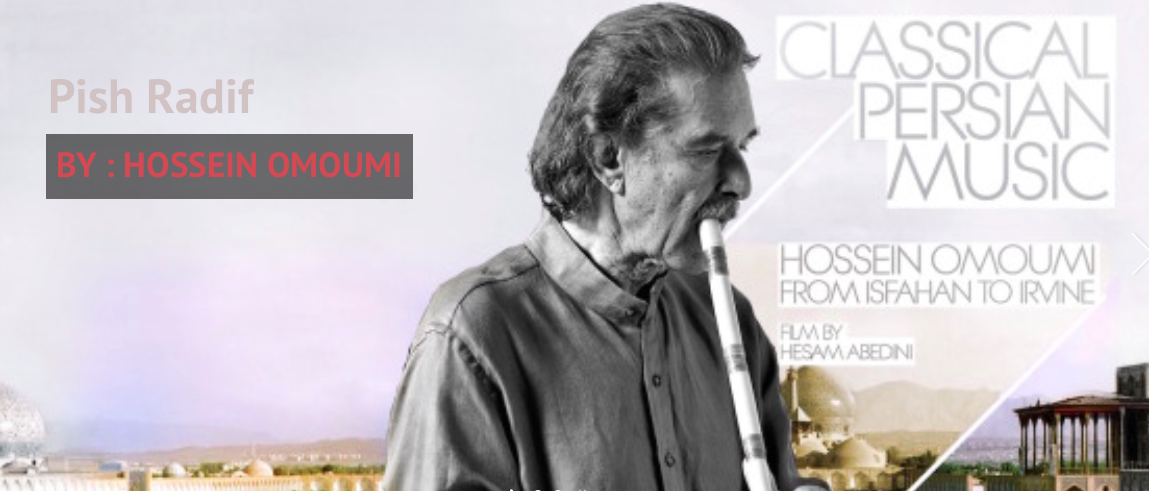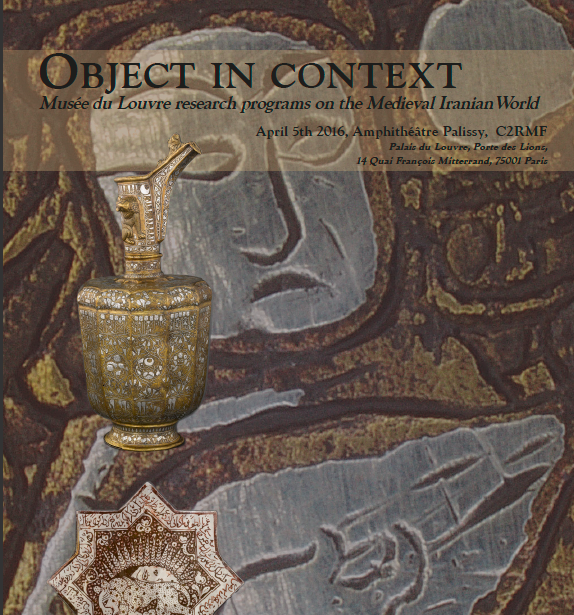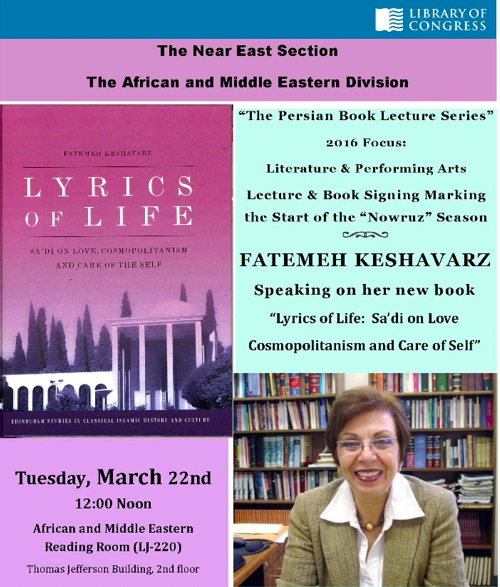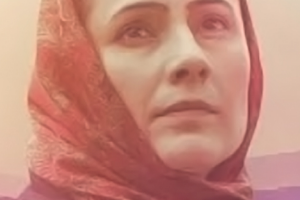Lecture and Book Signing by Dr. Ida Meftahi at the Library of Congress
Roshan Cultural Heritage Institute is pleased to announce a lecture and book signing by Dr. Ida Meftahi, speaking on her first book, Gender and Dance in Modern Iran: Biopolitics on Stage, as part of “The Persian Book Lecture Series” presented by the Library of Congress and Roshan Institute for Persian Studies at University of Maryland, College Park.
Dr. Meftahi is a Visiting Assistant Professor in contemporary Iranian culture and society at Roshan Institute for Persian Studies. In addition to teaching, Dr. Meftahi is the director of the Lalehzar Street Digital Archive, a project of the Roshan Initiative for Digital Humanities, as well as faculty advisor for Roshangar: Roshan Undergraduate Journal for Persian Studies. She holds a Ph.D. in Near and Middle Eastern Civilizations from the University of Toronto (2013) for which she received a Roshan Institute Fellowship for Persian Studies. Her book, Gender and Dance in Modern Iran: Biopolitics on Stage (Routledge, 2016) investigates the way dancing bodies have been providing evidence for competing representations of modernity, urbanism, and religiosity across the twentieth century.
The lecture is free and open to the public.
Tuesday, August 30, 2016 | 12:00 p.m. – 1:00 p.m. | Thomas Jefferson Building, African Middle Eastern Reading Room, LJ-220 | Library of Congress



